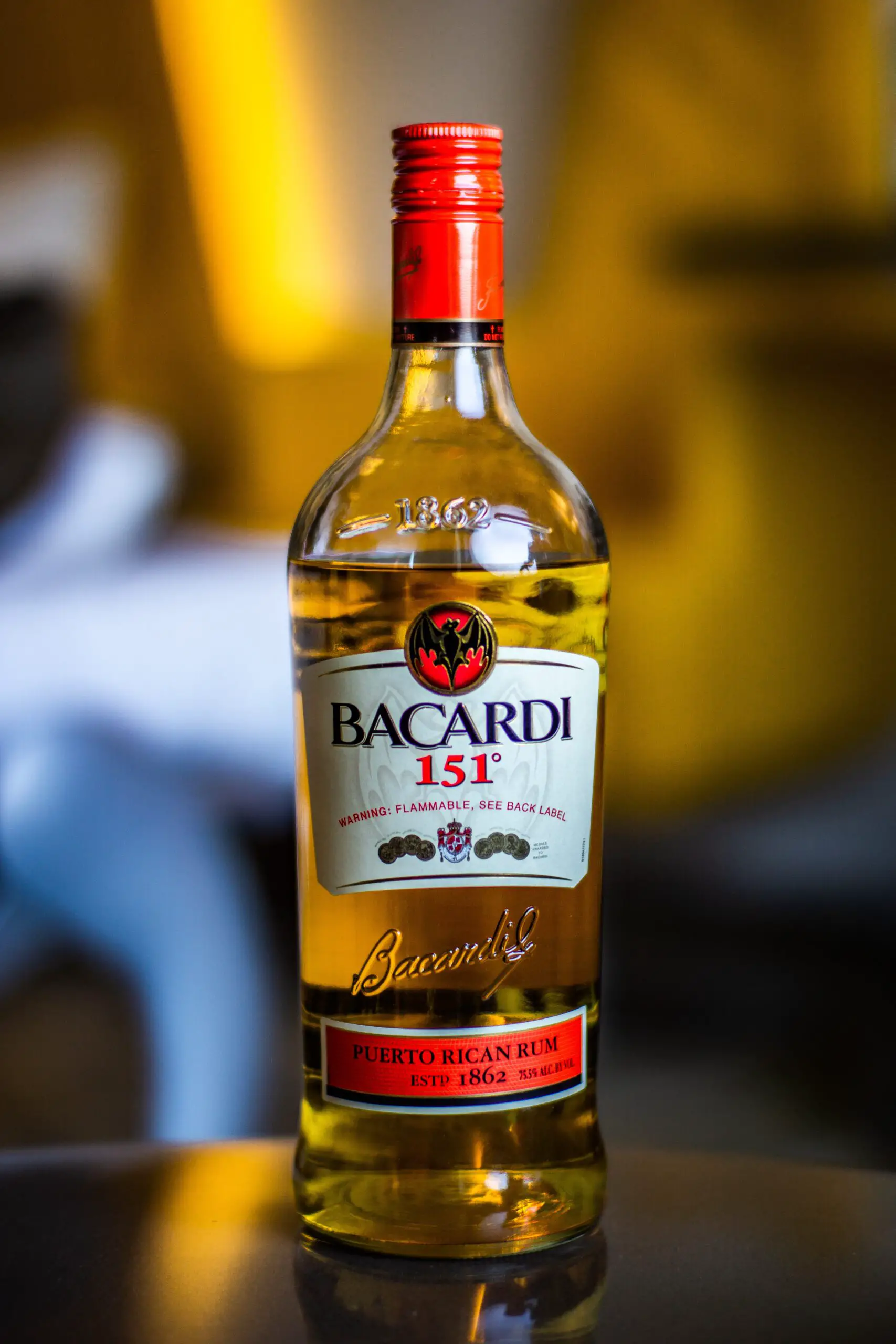Introduction: In recent years, the use of nootropics has gained significant popularity among individuals seeking to enhance their cognitive performance. At the same time, alcohol remains one of the most widely consumed substances worldwide. But what happens when these two substances are combined? In this article, we will delve into the pros and cons of combining nootropics and alcohol, shedding light on the potential effects and risks involved.
Pros of Combining Nootropics and Alcohol:
- Reduced Alcohol-Induced Cognitive Impairment: Alcohol is known to impair cognitive function, leading to diminished focus, memory, and decision-making abilities.
- Certain nootropics, when taken responsibly, have been suggested to counteract some of these alcohol-induced cognitive impairments. They may help maintain mental clarity, improve focus, and enhance overall cognitive performance, potentially reducing the negative effects of alcohol on the brain.
- Alleviation of Hangover Symptoms: Hangovers are a common consequence of excessive alcohol consumption, characterized by symptoms such as headaches, fatigue, and brain fog.
- Some nootropics possess neuroprotective properties that could potentially help mitigate these hangover symptoms. They may assist in reducing inflammation, supporting liver function, and improving neurotransmitter balance, thereby easing the discomfort associated with a hangover.
Cons of Combining Nootropics and Alcohol:
- Increased Alcohol Sensitivity: Combining nootropics with alcohol can amplify the effects of alcohol on the body. Some nootropics may enhance the absorption and metabolism of alcohol, leading to increased blood alcohol concentration. As a result, individuals may experience heightened intoxication levels and impaired judgment, potentially increasing the risk of accidents and other adverse outcomes.
- Liver Strain and Increased Toxicity: Alcohol places a considerable burden on the liver, and adding nootropics into the mix can further strain this vital organ. Certain nootropics may interact with alcohol, potentially intensifying liver toxicity. Combining substances that burden the liver increases the risk of liver damage and hampers its ability to detoxify the body effectively.
- Potential for Unpredictable Reactions: Nootropics vary in their mechanisms of action and interactions with other substances. When combined with alcohol, the effects can be unpredictable, as the interactions between the two substances may produce unexpected reactions in the body. These reactions could manifest as increased heart rate, blood pressure fluctuations, or adverse neurological symptoms, necessitating caution when combining the two.
Conclusion:
While the combination of nootropics and alcohol may seem intriguing, it is essential to weigh the pros and cons before experimenting. While some nootropics may potentially counteract certain negative effects of alcohol, such as cognitive impairment and hangover symptoms, there are risks involved.
Increased alcohol sensitivity, liver strain, and unpredictable reactions are among the cons that must be considered. If you choose to combine nootropics and alcohol, it is crucial to exercise moderation, prioritize personal safety, and consult with a healthcare professional for personalized advice.
Remember, responsible consumption and informed decision-making are key to maintaining your overall well-being.
A Nurses’s Perspective
As a nurse, it is important to prioritize safety and well-being. Therefore, I do not recommend combining anything with alcohol. Instead, it is advisable to wait until you have sobered up before considering nootropic usage. While some nootropics may potentially counteract certain negative effects of alcohol, such as cognitive impairment and hangover symptoms, the risks involved in combining these substances outweigh the potential benefits.
Remember, responsible consumption and informed decision-making are key to maintaining your overall health and well-being. If you have any concerns or questions, it is always best to consult with a healthcare professional.

